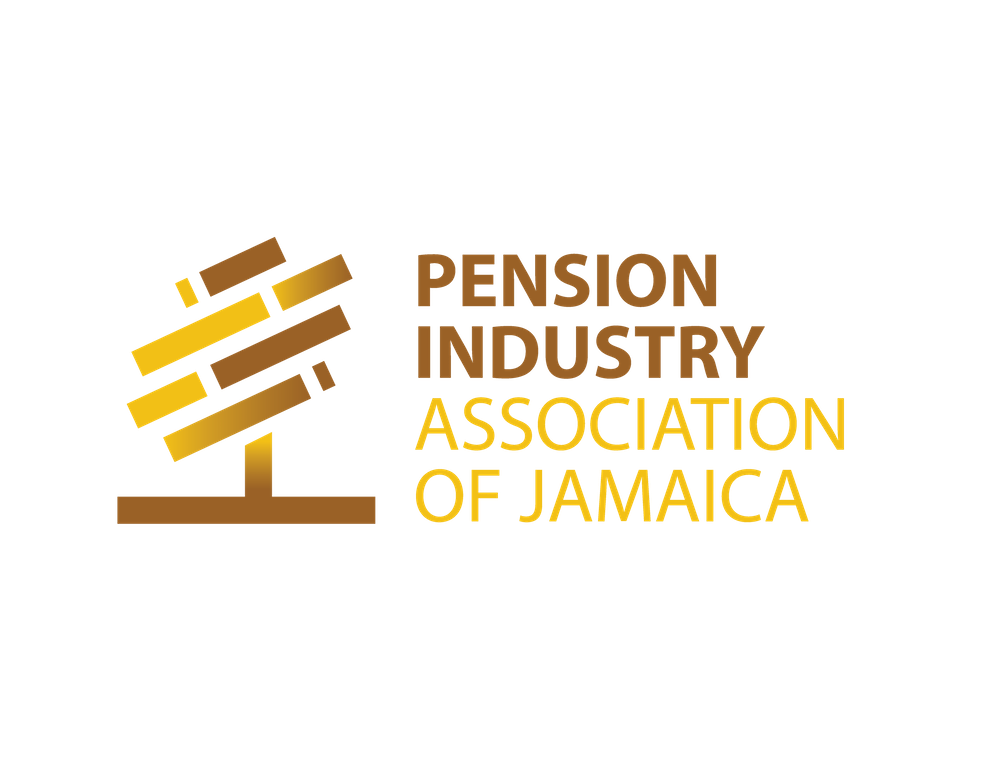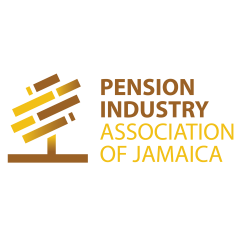Jamaica operates a three-pillar pension system: (i) a government-managed system with mandatory participation, the National Insurance Scheme (NIS) (first pillar); a privately managed savings system (second pillar); and voluntary savings (third pillar). Jamaica’s shifting demographic structure, low pension coverage and increasing old-age dependency exposes the Government to a future fiscal crisis. Public safety nets such as the NIS, the National Health Fund and Jamaica Drug for the Elderly Programme (JADEP) are not reaching all our elderly and will not be sufficient for the elderly to enjoy an adequate quality of life in retirement. Active membership in private pension plans was 11.56 per cent of the employed labour force. As of September 2021, there were 815 (active (373), terminating (425) and inactive (17) private pension plans in Jamaica with a total membership of 141,606 and assets valuing approximately $695 billion.
The inadequacy of both private and public pension plans to reach our most vulnerable highlights the retirement security crisis facing Jamaica. Seventeen years after the implementation of a regulatory framework for private sector pension plans in Jamaica, the private market alone has not been able to solve the dire problem of low coverage which has hovered between approximately nine to 11 per cent, under the second pillar of privately managed pensions. The future that awaits Jamaicans who do not have adequate savings for retirement years is uncertain. Many of them will likely have to work beyond 65 years if their health permits it. It was estimated that on average people live between two and three decades after they have retired. This will make life burdensome for Jamaicans who have not prepared adequately for retirement.
What is auto enrolment and how will it improve on what exists?
The focus of the PIAJ’s auto enrolment proposal is the enhancement of the second pillar of Jamaica’s pension system, specifically by increasing participation in private sector pensions. Automatic enrolment involves enrolling employed individuals (who are not already a member of an approved pension plan) automatically into an approved retirement scheme, while allowing those individuals to retain, at all times, the ability to opt out. Auto enrolment ensures that savings occurs alongside the pay check, and significantly simplifies the process for identifying and starting a retirement savings account. At the same time, the opt-out option maintains individual choice and responsibility for the decision to participate in the plan.
Does this create new obligations for employers?
Employers would not be required to contribute but will be required to undertake the necessary steps to ensure employees are enrolled, and salary deductions paid to the applicable approved retirement scheme. Employees who are already part of an approved retirement scheme (ARS) on or before the commencement of the auto enrolment programme will not be required to be auto enrolled but would be required to provide proof of current participation in the ARS. The legislative framework would address the consequences of non-compliance.
To change behaviour, we must change the decision-making environment. The strategy of auto enrolment is to arrange choices in such a way that it allows people to make their own decisions in a way that encourages better outcomes.
What are the benefits in terms of actual savings from auto enrolment?
A national auto enrolment programme aligns with the Government’s National Financial Inclusion Strategy to create conditions in which Jamaicans, particularly those who are underserved by the domestic financial system, can save safely, and build up resilience against financial shocks. Auto enrolment ensures savings occur alongside the pay check and simplifies the process for identifying and starting a retirement savings account. When payroll deduction savings take place, persons are 15 times more likely to save. Add auto enrolment, they are 18 times more likely to save.
Explain how the process of auto enrolment would work.
Employees who are not a part of a pension arrangement sponsored or facilitated by their employer would be automatically enrolled by their employer in an approved retirement scheme. It is applicable to all employees, including part-time, temporary and contract workers, aged 18 to 64, who work and ordinarily reside in Jamaica and earn greater than the minimum wage. Employees would save a proportion of their pay in an ARS unless they chose to opt out.
Employers would retain the option at all times of setting up their own approved superannuation fund. Employers have the discretion whether they wish to contribute to the approved retirement scheme on behalf of employees but would not be mandated to do so. All employers (whether part-time, temporary or contract workers) who do not offer an approved pension arrangement must auto enroll employees. A transition timetable would occur over a period of three years (as of the date of adoption of the auto enrolment programme into law) based on the size of the employee base of the employer. In year one firms with more than 20 employees (approx. 14.2 per cent); year two: firms with between six and 20 employees (approx. 40.3 per cent); in year three: firms with between one and five employees (approx. 45.5 per cent).
What will auto enrolment cost workers?
There is an initial default contribution rate of three per cent of income. The contribution rate would automatically increase from three per cent to a target rate of six per cent by way of annual increases of 0.5 per cent over a phased period of six years commencing after the completion of the three-year transition period based on the size of employee base of the employer. Employees can freeze their contribution rates to prevent increases. They can also opt out (or opt back in) at any time but will be automatically re-enrolled on an annual basis. Persons who change employers would be automatically enrolled again on joining a new employer. Contributions would be deducted before income tax is computed as is the case currently with all contributions to approved pension arrangements.
What happens when workers change their place of work?
Where employees change employers, they will still retain their accounts and accrued benefits in the ARS. Payroll deductions to the ARS would be made by direct deposit, like the common practice of depositing salaries directly into employees’ bank accounts. The auto enrolment programme would be supported by any of the approved retirement scheme providers in Jamaica. No requirement for an employer to contribute and no obligations placed on the employer beyond making the required salary deductions and paying over to the selected ARS. Failure of the employer to enroll eligible employees or to pay over contributions would attract a fine or penalty. We anticipate that there would be minimal to zero recurrent cost to the Government and taxpayers.
Are there management or administrative benefits attached to auto enrolment?
Auto-enrolment programmes eliminate the administrative burden and expense to employers of a private plan and provide an easy way for workers to save. Automatic enrolment programmes have proven to be effective at increasing participation in workplace-based retirement savings. These programmes target employees who have no access to employer-sponsored pension arrangements. There would be no requirement for an employer to contribute and no obligations placed on the employer beyond making the required salary deductions and paying over to the selected approved retirement scheme.







